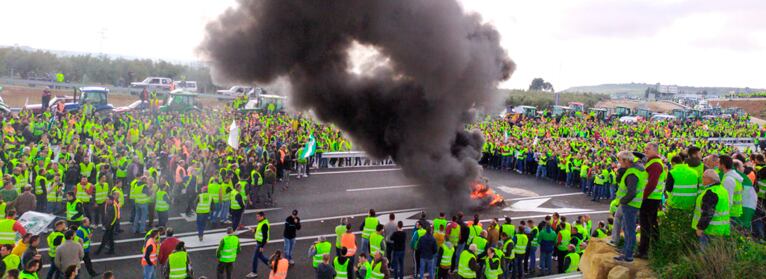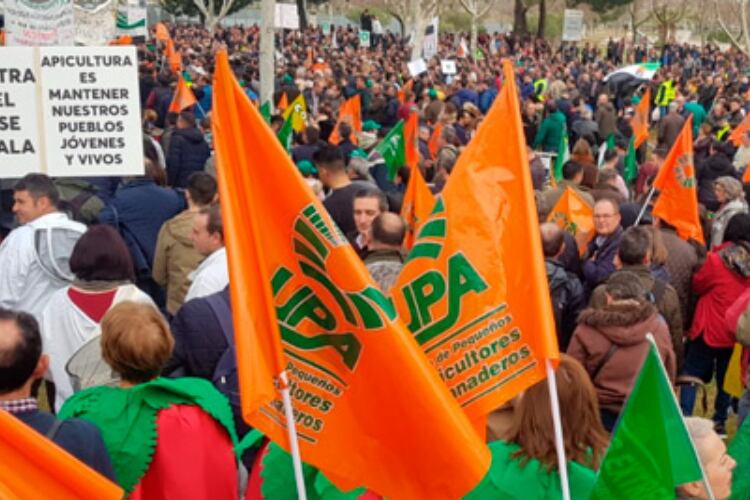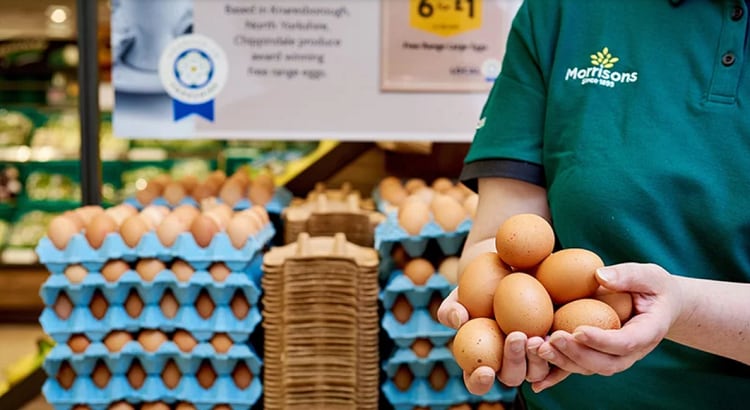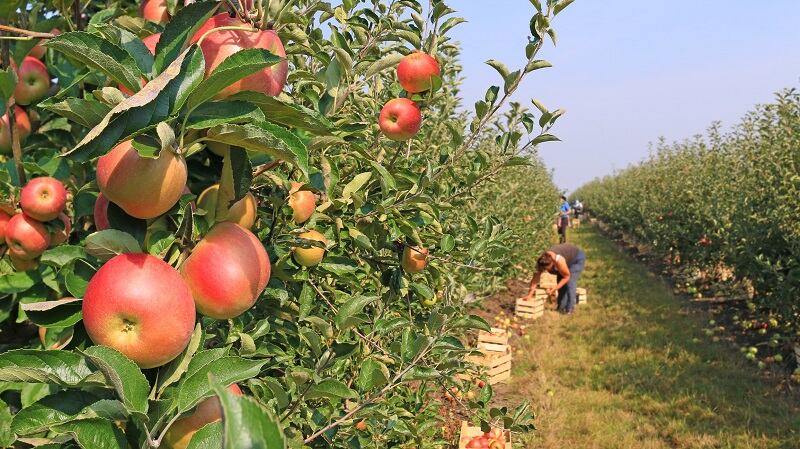The sale of food below the cost of production, so called sale at loss, has been prohibited in Spain with the government introducing sanctions for retailers that continue the practice.
Regulators will now be able to issue fines ranging from €3,000-100,000 – and even up to €1m in ‘very serious cases’ for repeat offenders - under new modifications to the Ley de la Cadena Alimentaria, or Food Chain Law. This regulation governs business relationships between operators in the food chain.
Sale at loss is banned in all but two scenarios: discounts of perishable products that are damaged and promotions applied by distribution chains that assume the associated costs themselves.
The government is also increasing penalties for operators who fail to provide suppliers with written contracts. Under the original legislation, introduced in 2013, this was only considered a minor offence. Moreover, contracts between farmers and supermarkets should be linked to the cost of production, calculated based on publicly available benchmarks.
In a letter to Spain’s Autonomous Communities (administrative territorial entities with certain legislative autonomy) the Minister of Agriculture, Fisheries and Food, Luis Planas, today (04 March, 2020) stressed the need for ‘strict compliance’ with the law and other ‘urgent’ support measures for the agri-food sector.
Food price impact?
Consumer organisations had expressed concern that the policy could result in increased food prices.
Responding to the updated food law, Asociación de Usuarios de Bancos, Cajas y Seguros (ADICAE) stressed its ‘unconditional’ support for local farmers while calling for guarantees to avoid the transfer to the consumer of additional costs related to the conflict over agri-food prices.
Speaking at a press conference, Planas downplayed the possibility, insisting that if everyone ‘takes responsibility for the food chain’ it is ‘perfectly possible’ retail prices will not rise.
Farmers vow further action

Spanish farming union, Union de Pequenos Agricultores y Ganaderos (UPA), said that a year ago an end to sale at loss and linking prices to the cost of production ‘seemed impossible’. The union attributed the change in government policy to the ‘farmer revolt’ that has seen protests months of protest throughout the country.
"This decree is a conquest of farmers and ranchers and the historical process of mobilization that has developed in recent weeks," Secretary General of UPA, Lorenzo Ramos, said.
“But this does not end here. The mobilizations convened will continue,” Ramos continued, insisting that this was a ‘first step’ towards a solution that would be acceptable to ensure the future livelihoods of Spanish food producers.
"Today is a first step towards a definitive solution," he said.
Among the issues, the UPA said that a package of fiscal support measures for farmers is needed. The union is pressing for the reduction of income tax rates, the reduction of electricity rates for irrigation or a compensatory VAT increase. These measures are needed to ‘avoid the bankruptcy of more farms’, Ramos stressed.
The UPA highlights 10 challenges & demands
- Lack of fair prices – the UPA claims farmers and ranchers do not get a fair price for their products due to ‘the imbalance of the agri-food chain’.
- Increase in production costs: Rising production costs are a ‘huge problem for farmers and ranchers’, the farming union explained, because they are unable to pass costs along the supply chain.
- Aid cuts: Aid from Europe, the central government and the Autonomous Communities has been cut over a number of years, the organisation insisted.
- Trade barriers: The imposition of trade barriers such as the Russian veto, Brexit or Trump's tariffs olives, oil and wine are ‘a serious problem’.
- Empowerment of farmers and ranchers: “We are a key player in the future of society, but we are not valued as such. Without us, there is no food. Without us, there will be no rural environment … Without us there will be more depopulation. We call on society to extend rural pride to the entire population.”
- Climate challenge: Farmers are taking advantage of protests to defend their role in relation to the climate challenge. “The ability of agriculture and livestock to manage the environment is indisputable. Without our activities we would have a more feral and uncontrolled nature and more risk of forest fires and desertification,” the farming community insisted.
- Control of wildlife: “The coexistence between agriculture, livestock and wildlife must be controlled and regulated to be viable… The best way to protect wild species is to regulate their populations and allow a real coexistence between wildlife and humans.”
- Regulation of short marketing cycles, proximity products and labelling at source: “A legislative change is urgently needed to allow farmers and ranchers to carry out the direct sale of their products,” the union said. Farmers are pushing for the introduction of country of origin labelling to support local production and consumption.
- Agricultural speculation: Unfair commercial practices continue to occur and the Food Chain Law should be more ‘demanding’, UPA argued.
- Claiming a role agriculture in conversations over depopulation, environmental and territorial problems: Public concern about demographic and territorial problem ‘grows day by day’ and downward demographic trends have risen up the agenda in Spain. Agricultural communities should be at the heart of this debate, the farming union suggested. “Farmers and ranchers must gain a greater role. Without us, there will be no future for the rural environment.”




